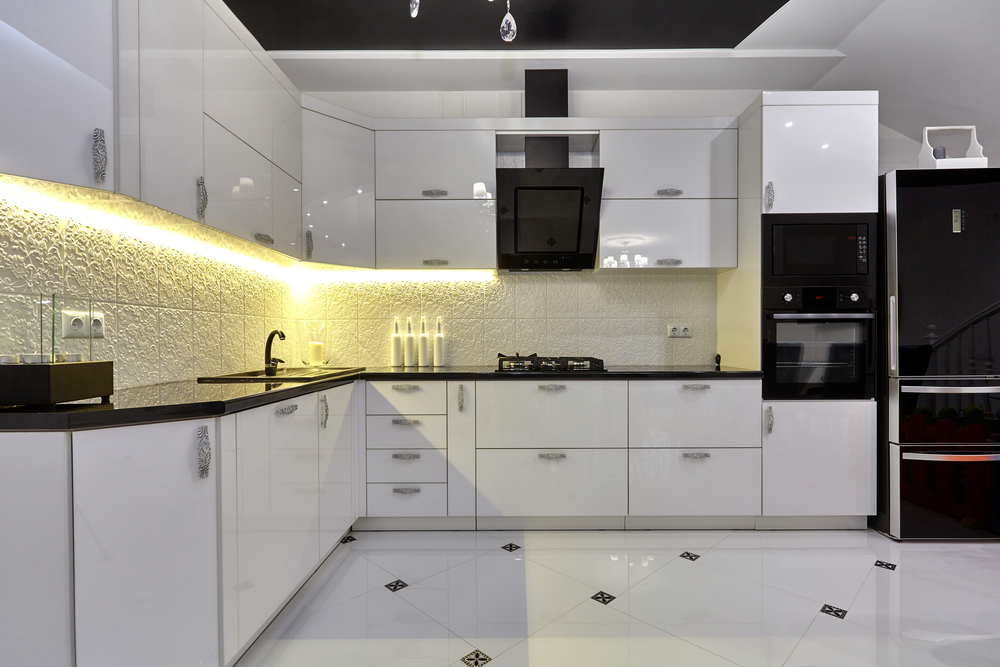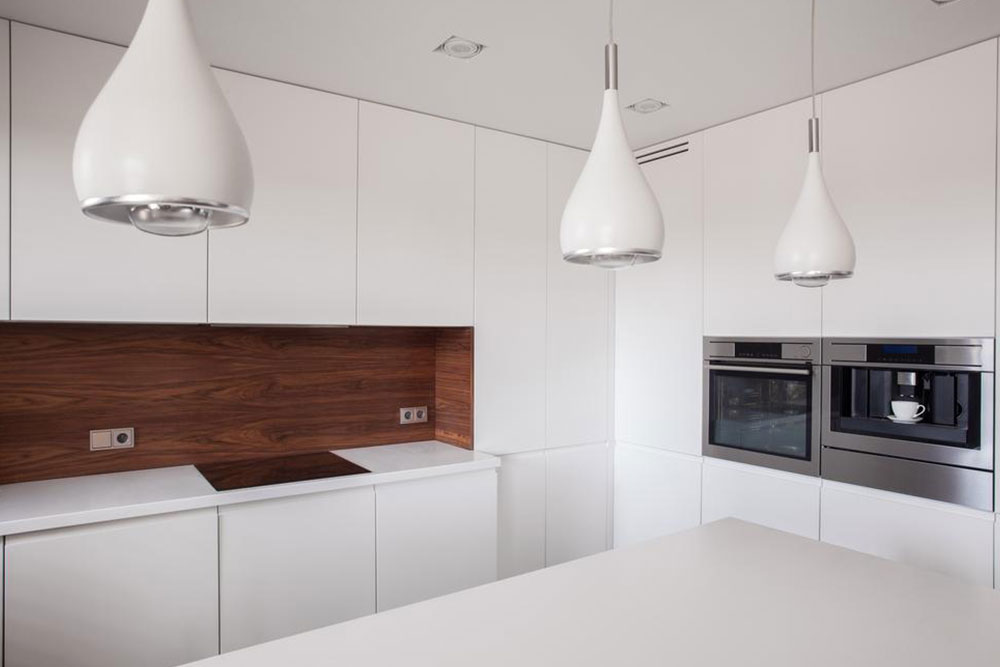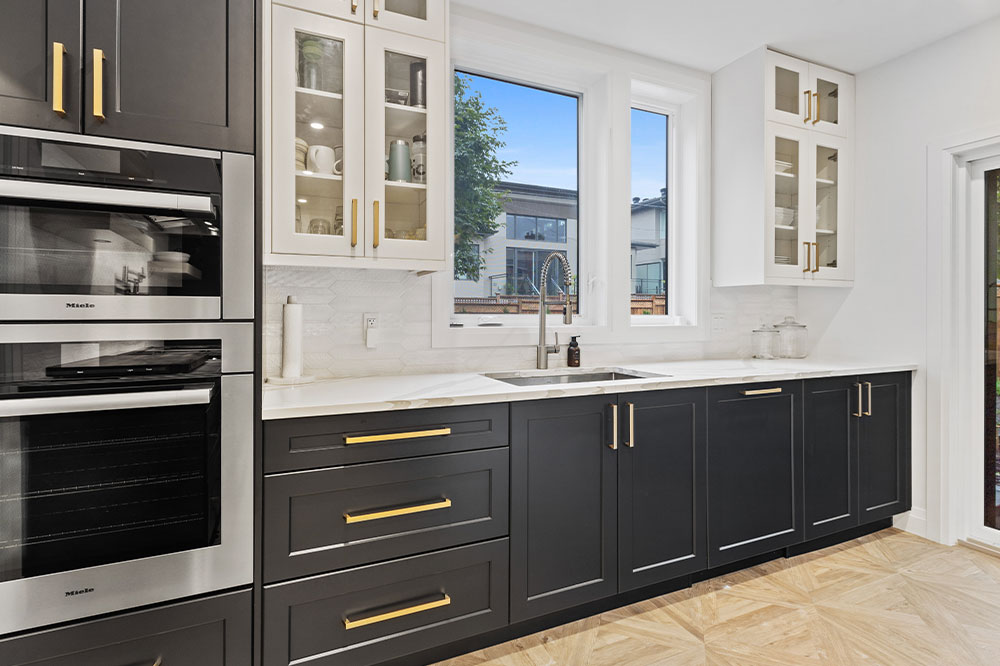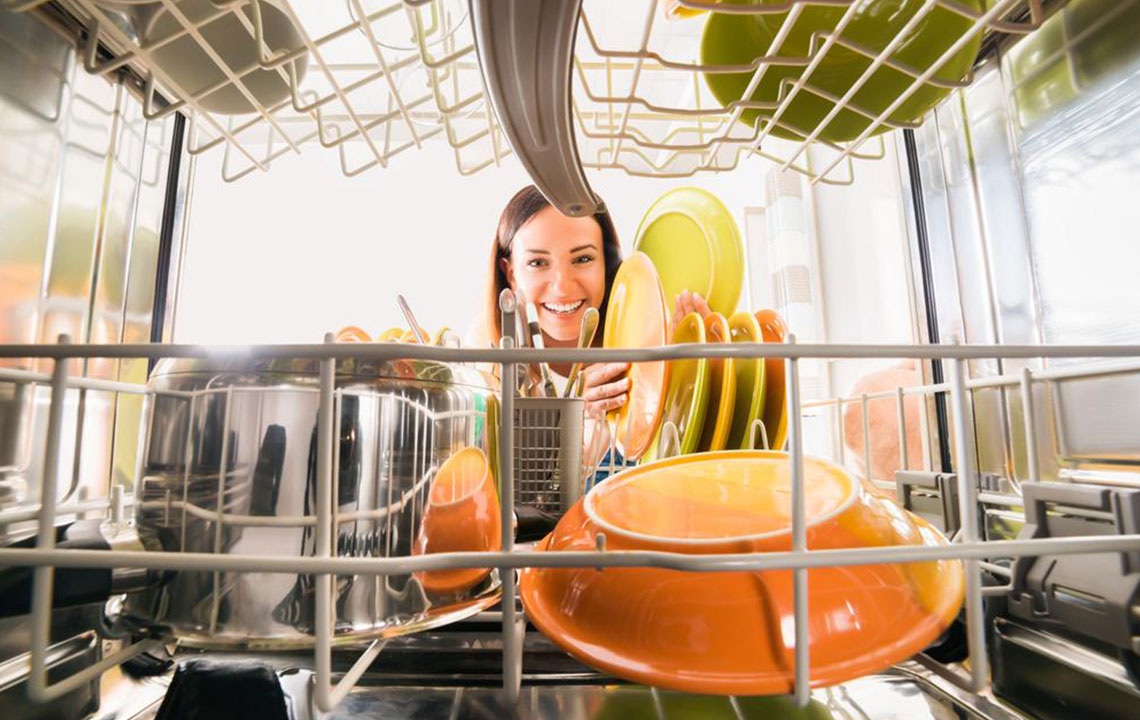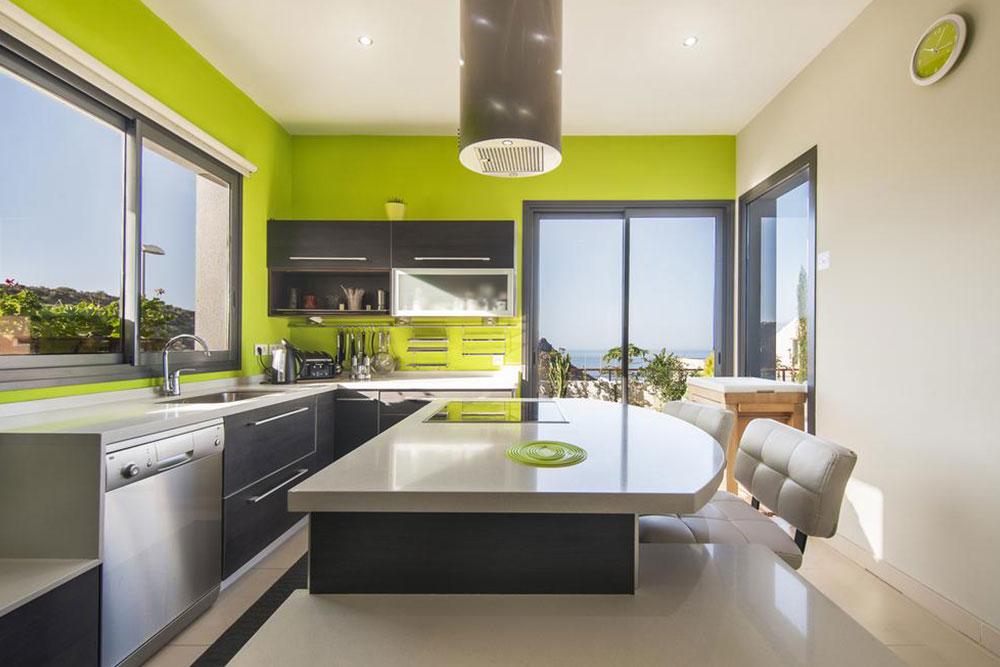Comprehensive Guide to Quartz Countertops for Modern Kitchen Renovations
Learn everything about quartz countertops for modern kitchens, from their manufacturing process, benefits, costs, and maintenance tips. Discover top brands and how to choose the best surface for your home renovation, ensuring durability, elegance, and value.
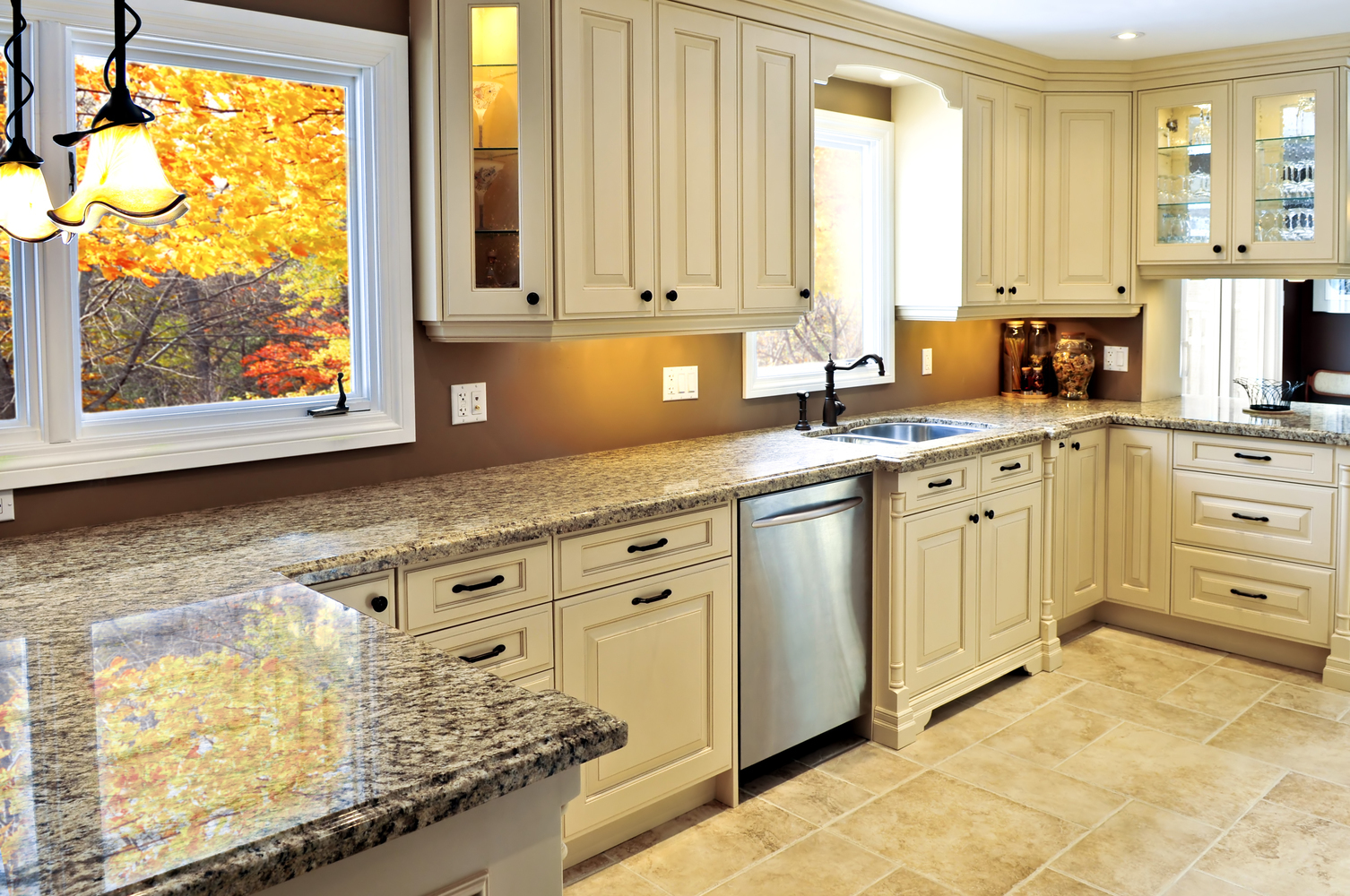
Comprehensive Guide to Quartz Countertops for Modern Kitchen Renovations
Embarking on a kitchen renovation project involves many decisions, and choosing the right countertop is one of the most crucial elements. Among the numerous options available today, quartz countertops have gained immense popularity due to their stylish appearance, durability, and versatility. This guide offers detailed insights into quartz surfaces, helping homeowners understand their benefits, potential drawbacks, installation considerations, maintenance tips, and leading brands to consider for a successful upgrade.
What Are Quartz Countertops?
Quartz countertops are engineered surfaces that visually mimic natural stone like granite or marble but are crafted through a manufacturing process. They are composed primarily of crushed natural quartz particles, which can range from 90% to 95%, bonded together with durable resins and adhesives. This mixture is then processed and baked into large slabs, which are subsequently cut and polished to create beautiful, seamless surfaces suitable for residential kitchens and bathrooms.
Unlike natural stones that require sealing and specific maintenance, quartz surfaces are non-porous, making them more resistant to staining, bacteria, and damage. The engineered nature of quartz allows for an impressive range of colors, patterns, and finishes, giving homeowners flexibility in design choices to match various interior styles—from ultra-modern to classic elegance.
Advantages and Challenges of Quartz Countertops
Understanding the benefits and limitations of quartz slabs can help homeowners make informed choices about their kitchen upgrades.
Visual Elegance and Customization
One of the most compelling reasons to choose quartz countertops is their stunning aesthetic appeal. Since they are manufactured, quartz surfaces can be customized to feature a broad spectrum of colors, patterns, and textures. Whether you prefer a consistent, solid-color countertop or one with intricate veining mimicking marble, quartz offers a multitude of options. This flexibility allows for seamless integration with contemporary, minimalist, rustic, or traditional kitchen designs.
Durability and Maintenance
Quartz countertops are renowned for their strength and resilience. Their non-porous surface resists stains from common kitchen substances such as wine, coffee, oil, and acidic foods. They are also highly resistant to scratches, chips, and impact damage, making them ideal for busy kitchens where durability is essential. Additionally, cleaning is straightforward—regular wiping with mild soap and water suffices, eliminating the need for sealing or special cleaning products.
Ease of Installation
Compared to natural stone options like granite or marble, quartz slabs are lighter and easier to handle during installation. This often results in a quicker setup process, less waste, and potentially lower labor costs. Professional installation ensures precision cuts for sinks, appliances, and fixtures, enhancing the overall finish and longevity of the installation.
Cost Implications
While quartz countertops offer numerous advantages, they generally come at a higher price point. The premium quality, customization options, and manufacturing process contribute to the cost, which typically ranges from $3,000 to $7,500 for an average kitchen. Price variations depend on several factors, including the size of the space, the quality and brand of quartz chosen, the complexity of the design, and additional features like waterfall edges or custom patterns.
Heat Resistance and Potential Drawbacks
Though engineered to withstand everyday use, quartz surfaces are not entirely heat-proof. High temperatures from hot pots or pans can damage the resin or adhesive, leading to discoloration, burn marks, or other surface imperfections. It is advised to always use trivets or heat pads to protect the surface. Additionally, some lower-quality quartz products may contain resins that degrade over time or under UV exposure, so selecting a reputable brand is essential.
Cost Breakdown and Installation Considerations
The overall expenditure for quartz countertops encompasses material costs, fabrication, and professional installation. Typical prices range based on several key factors:
Size of the kitchen area
Quality and brand of the quartz material
The number and complexity of seams needed for design continuity
Color and pattern intricacy
Additional customizations like edges, volume, or unique shapes
Installation costs involve cutting, leveling, removing existing countertops, and fitting cutouts for sinks, faucets, and electrical outlets. Advanced designs such as waterfall edges, inlays, or intricate patterns may require additional planning and expertise. Working with experienced professionals ensures the best aesthetic and structural results.
Maintaining Your Quartz Countertop for Longevity
To keep your quartz surface looking new and functional for years, simple maintenance routines are sufficient:
Always use heat mats or trivets when placing hot cookware on the surface.
Employ cutting boards to prevent scratches, especially when slicing or chopping.
Promptly wipe up spills, particularly those that are acidic or pigmented, to prevent staining.
Avoid harsh or abrasive cleaning agents that could dull the surface.
With proper care, quartz countertops can retain their beauty and resistance for decades, maintaining the value and appeal of your kitchen renovation.
Leading Brands to Consider for Quartz Countertops
Several reputable companies produce high-quality quartz surfaces, each offering unique styles, guarantees, and price points. When selecting a brand, consider your design preferences and budget:
Caesarstone — Offers a vast range of colors, textures, and finishes, known for durability and widespread availability.
Silestone — Features over 60 styles, including innovative designs and eco-friendly options, widely available in kitchen showrooms.
Cambria Quartz — A premium manufacturer with a lifetime warranty, producing domestically with high-quality standards and exclusive distribution channels.
Comparing these brands based on style, warranty, and price will help you select the ideal quartz countertop for your specific kitchen renovation needs. With proper research and professional installation, you can enjoy a beautiful, sturdy, and low-maintenance surface that elevates your home's aesthetic.
